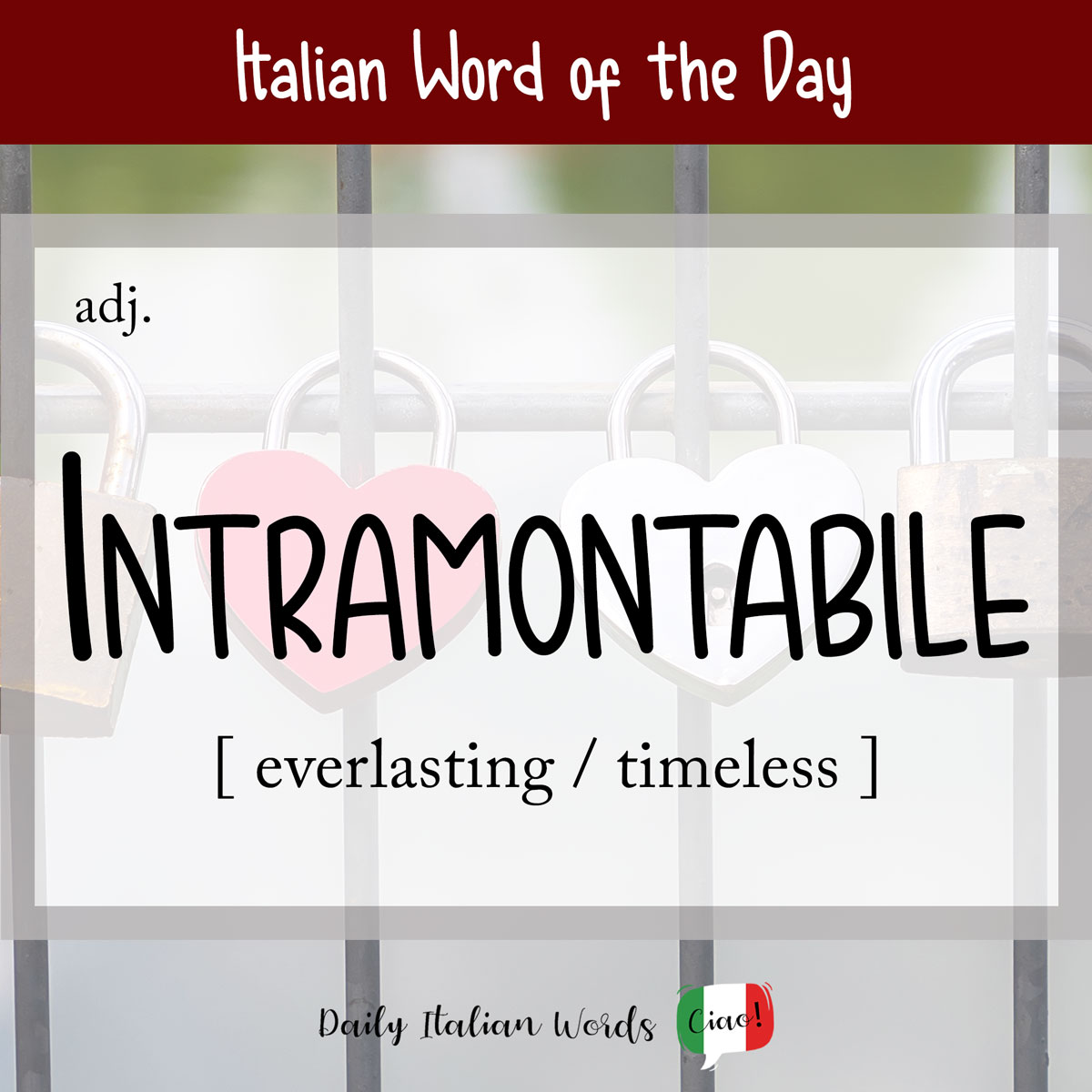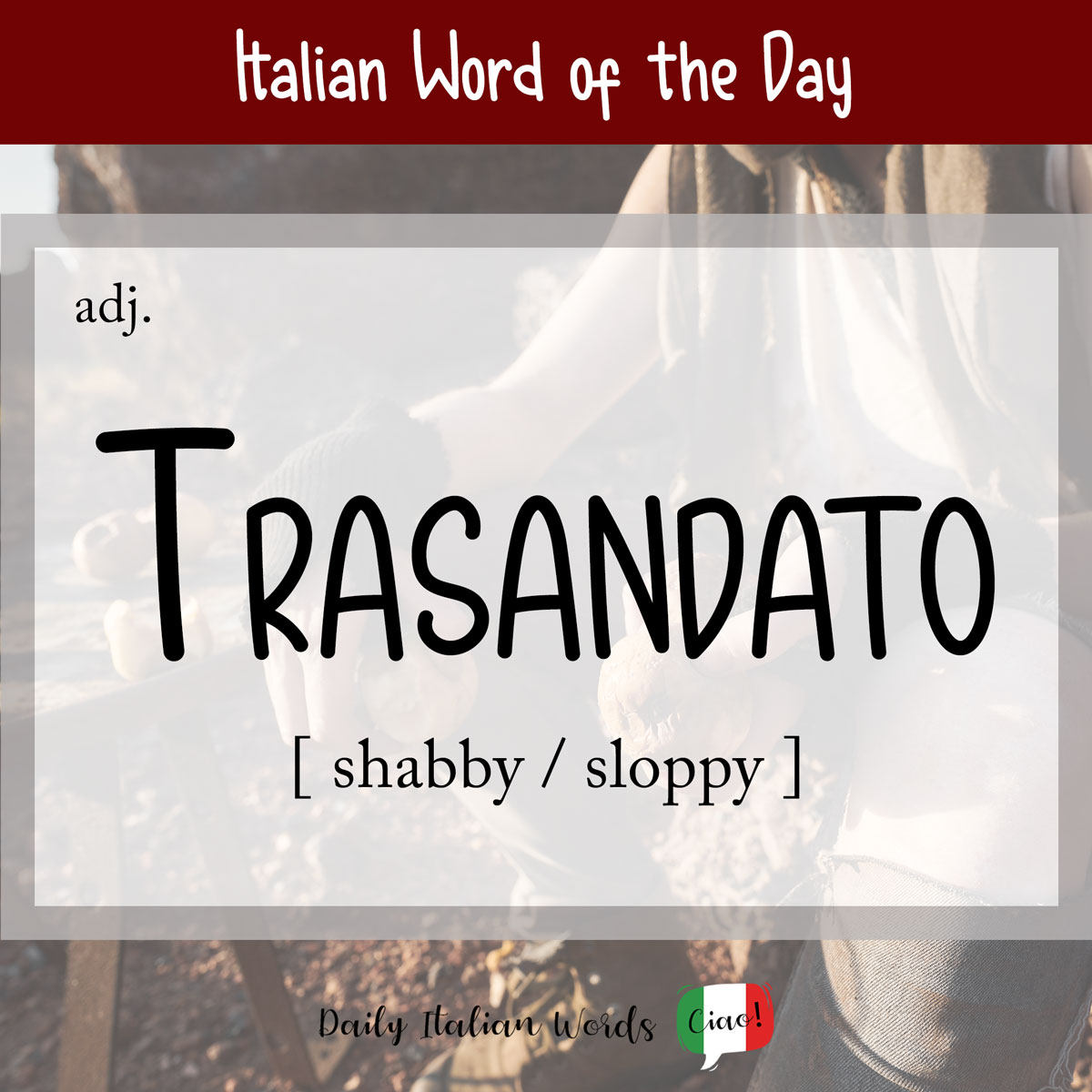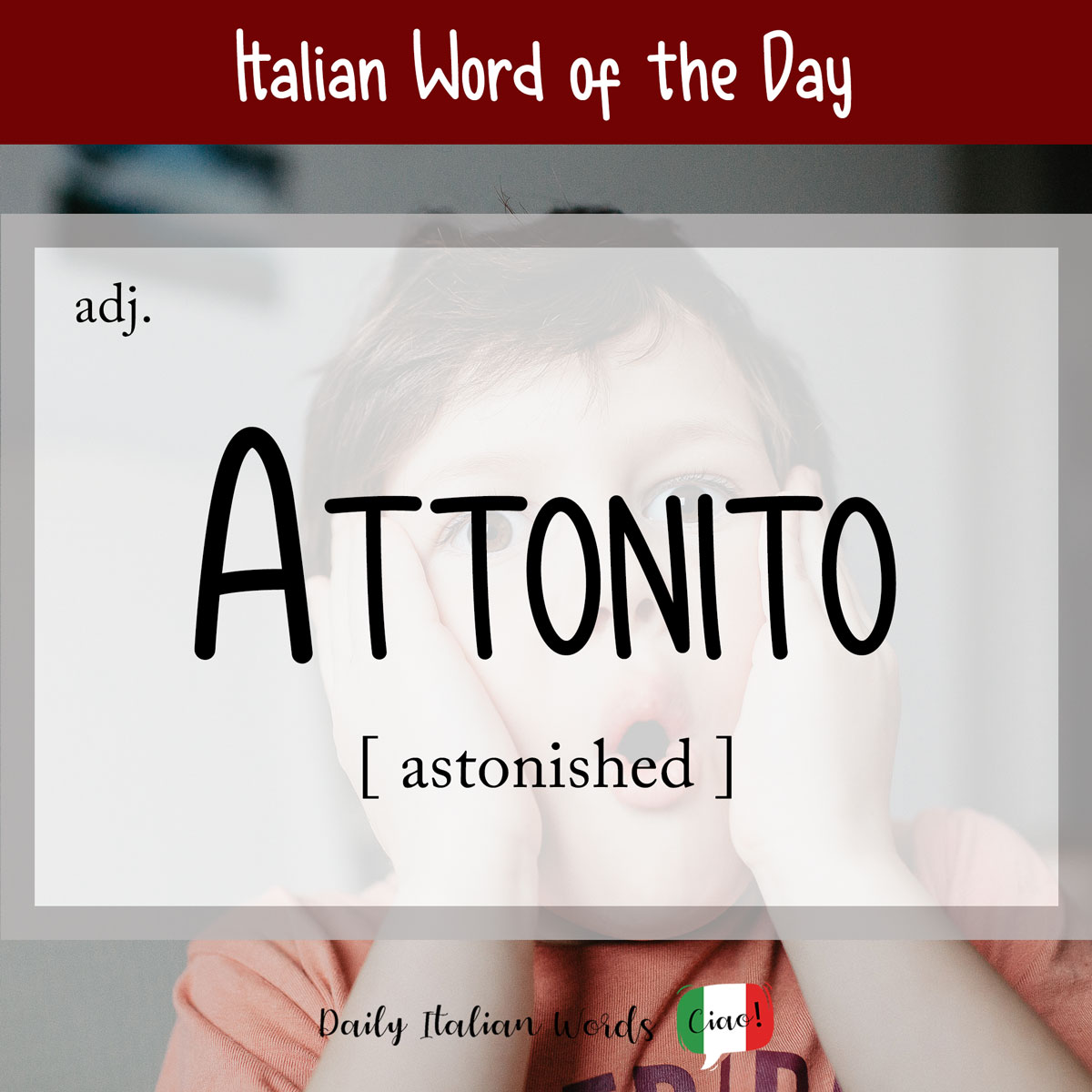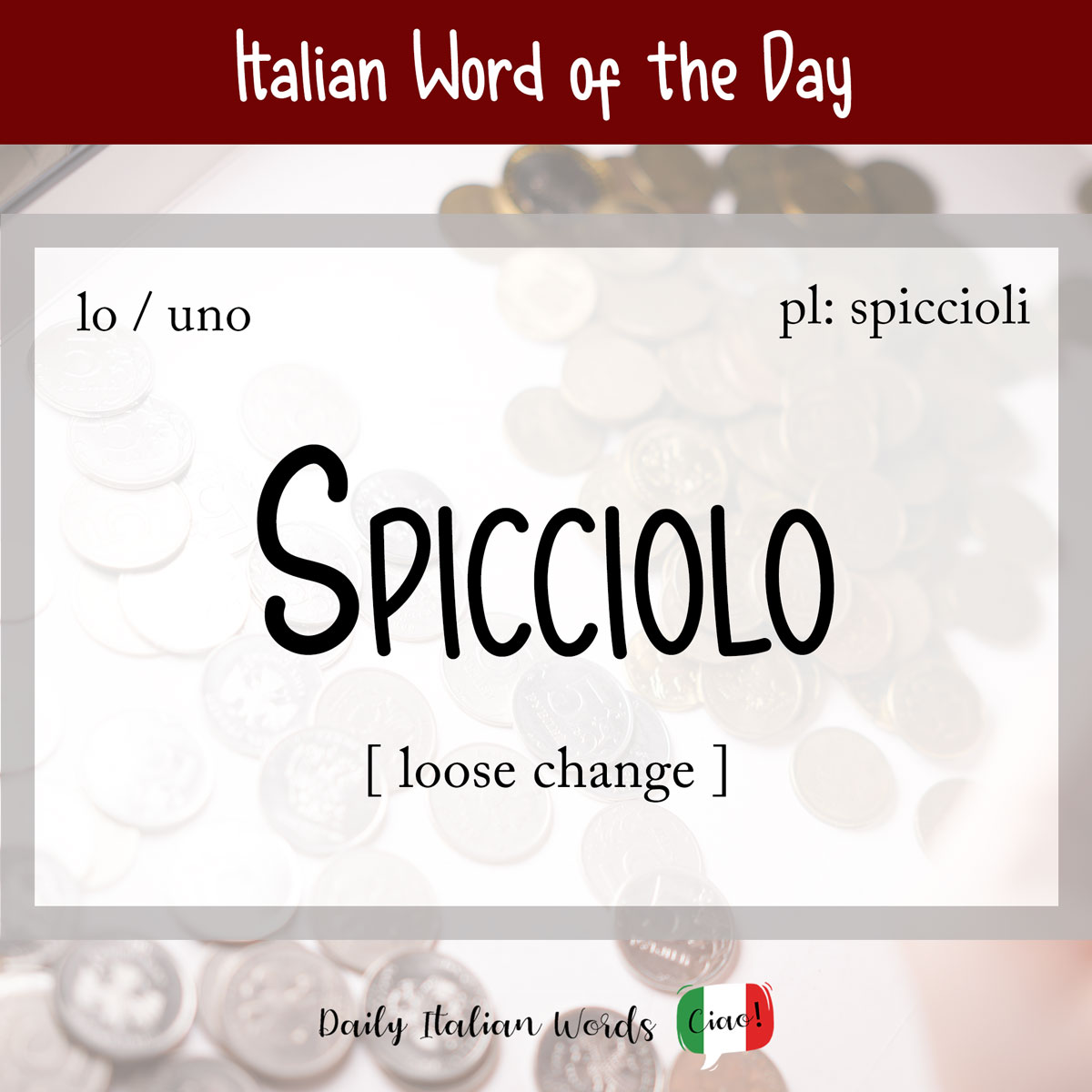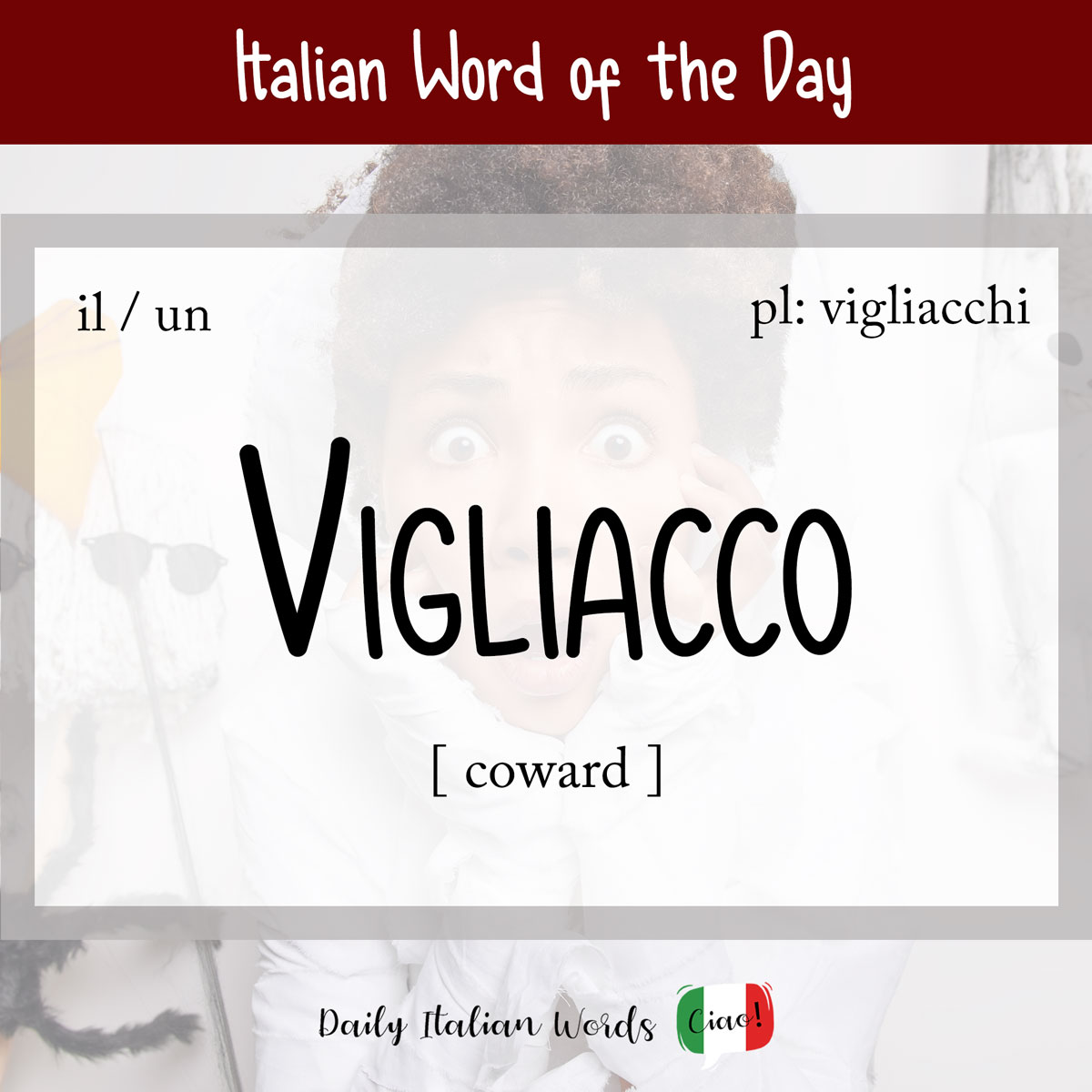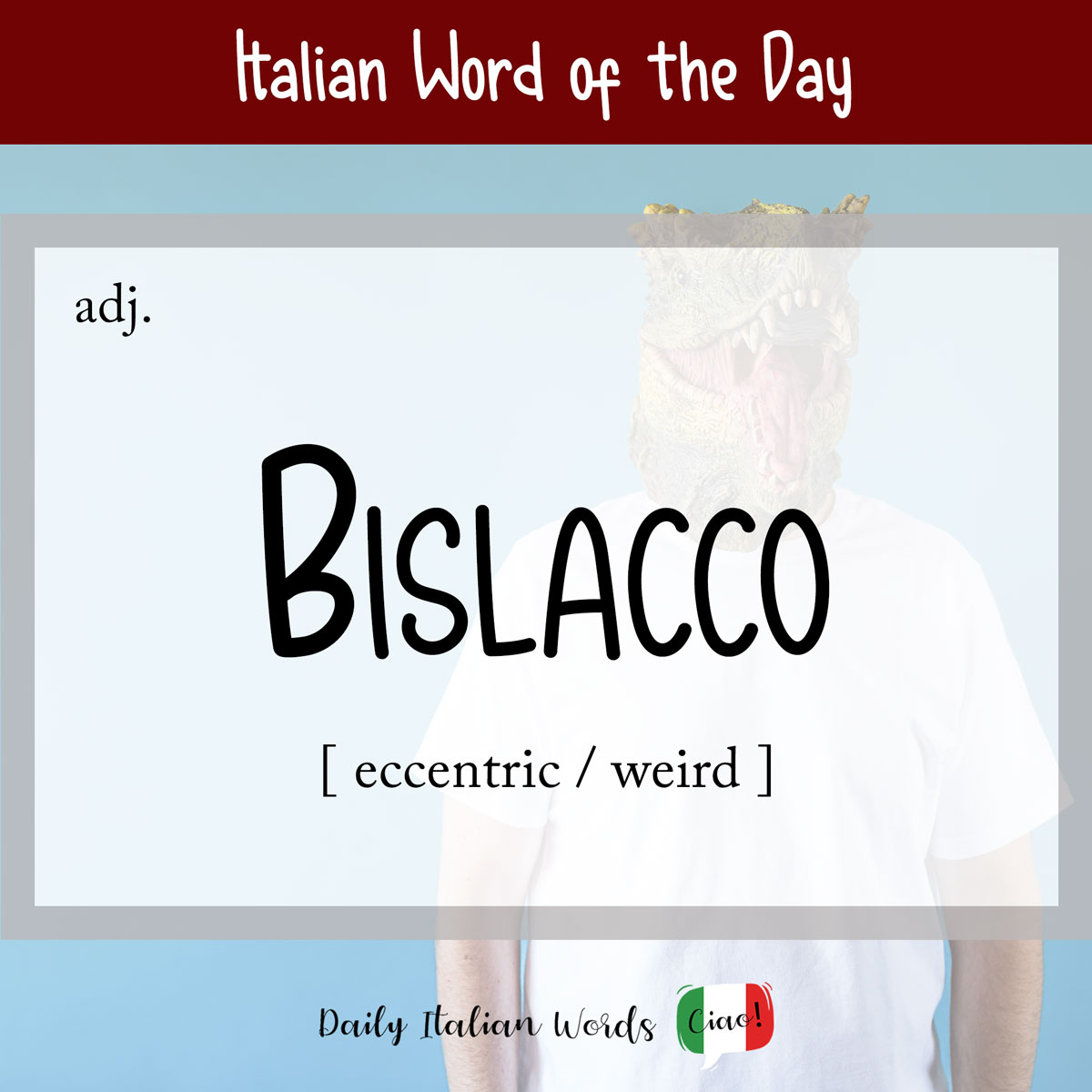Italian Word of the Day: Intramontabile (timeless / everlasting)
A wonderful Italian word I love throwing into conversation at every opportunity is intramontabile (plural: intramontabili) which is an adjective meaning timeless, everlasting, enduring, immortal or evergreen. Note that the e/i ending (singular/plural) doesn’t change according to the gender of the noun. It derives from the verb tramontare meaning to set (as in the setting …

